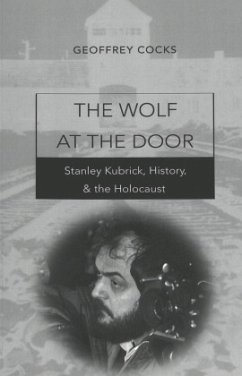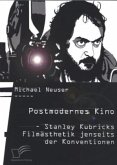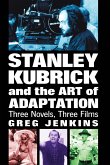The Wolf at the Door explores the remarkable formal and substantive patterns of cinematic discourse on Germany and the Holocaust in Stanley Kubrick's films. It is the first book on Kubrick to place his cinema into the full context of his life and times - his Jewish past, early years spent under the shadows of fascism and war, and his 1957 marriage into a German family of artists and filmmakers - all provoked his deeply ambivalent preoccupation with the history of Nazi Germany and the Holocaust. While personal and artistic reservations caused Kubrick to abandon several plans for a film on the Holocaust, this preoccupation combined with related cultural discourses in the 1970s, and culminated in a curiously indirect but compelling Holocaust subtext in his 1980 horror film, The Shining. The Wolf at the Door draws on intensive study of all of Kubrick's films, interviews with members of Kubrick's immediate family, and archival research in the United States, Germany, the Netherlands, Poland, and Israel.
«In 'The Wolf at the Door: Stanley Kubrick, History and the Holocaust' Geoffrey Cocks has accomplished what had seemed impossible - to inhabit the inner-life of the great, and highly secretive film director. What Cocks finds in the subconscious mind behind the films are meditations on War, the Holocaust and the real and secret history of the world explored through Kubrick's iconoclastic world view. 'The Wolf at the Door' applies an astute understanding of geopolitics and psychology to the detailed facts of Kubrick's earthly existence - the results bring insight into this mysterious twentieth century cinematic icon.» (Vincent LoBrutto, author of 'Stanley Kubrick: A Biography')








